Things Your Farmers Secretly Wish You Knew This National Farmers’ Market Week
After vending at and managing my local farmers' market for 6 years, I can say first-hand there are some things your farmers wish you knew!
This week marks the 25th annual National Farmers’ Market Week. As the former market manager and vendor for my hometown farmers’ market, this is a topic near and dear to my heart. It’s a perfect time to celebrate the hardworking farmers and dedicated vendors who turn our local markets into thriving hubs of community and commerce. What better way to do that than to hear what our farmers secretly wish you knew about shopping at your local farmers’ market?
Welcome to the Runamuk-blog! Online home for the Runamuk Acres Conservation Farm! If you’re new here, I invite you to check out my About page to learn what this is, who I am and why I am doing this. Or just dive right in! At Runamuk Acres you’ll find the recantings of one lady-farmer and tree-hugging activist from the western mountains of Maine. #foodieswanted
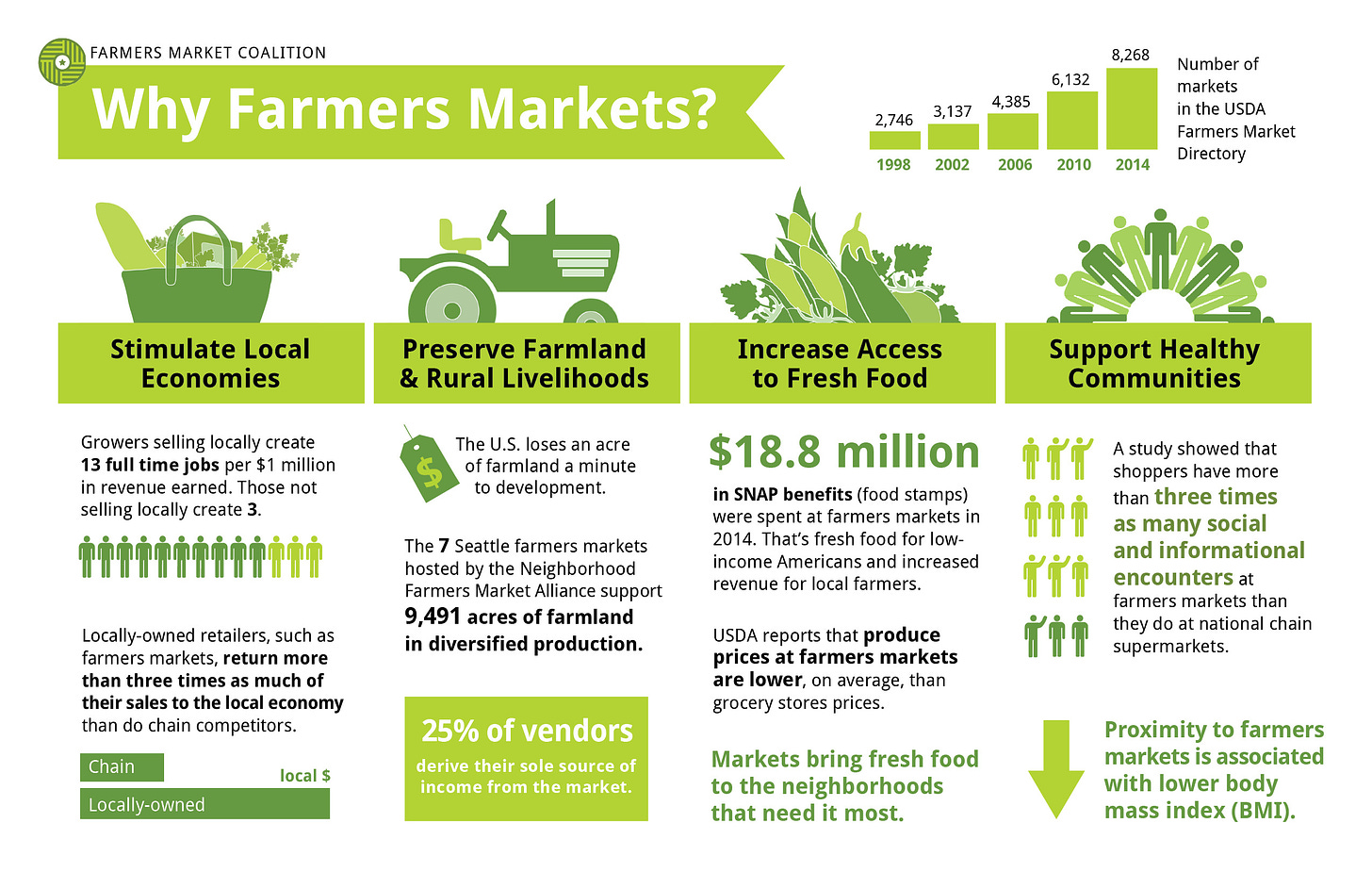
There’s no denying the benefits a farmers’ market offers a community. Not only do they stimulate the local economy, farmers’ markets preserve farmlands and rural livelihoods, as well as increasing access to fresh food and promoting a healthy community.
For six years I served as both farm-vendor and market-manager to my hometown farmers’ market in Madison, Maine. It was both hugely rewarding and hugely stressful dealing with the realities of farming and managing the business end of market, which is why I can say first-hand that there are some things your farmers secretly wish you knew.
But you don’t have to take my word for it. I posed the question to the Market Gardening Success Group on Facebook, asking my fellow farmers for their biggest pet-peeves, and they didn’t hold back!
Things Your Farmers Secretly Wish You Knew
10. Bulk means BULK.
A lot of times, customers will ask about buying in bulk, hoping for a better price on produce. However, to make it worthwhile for the farmer, bulk really means “bulk”.
The farmer might be willing to make a bulk deal with you, and it's ok to ask. But "bulk" isn't going to be 5 lbs - more like 50. You need to get a LOT (and of something we have a surplus of) to make the discount worthwhile.
~Emily Fox
9. Learn about market logistics.
Farmers’ markets are not as cut and dry as you might think. There’s a distinct difference between a farmer and a reseller. What’s more, all farms are not the same, and as such pricing may be different from one vendor to the next and should be respected. Vendors with organic or sustainable certifications, for example, might have to charge more for their products than a farm with no accreditations.
One thing that gets me is the assumption that all farms selling at the market are essentially offering the same product… so the follow on question of why am I more expensive, etc, with a tone of disgust like I’m the crazy person. My farm is the only farm at my farmers market with any kind of certification at all… we are Certified Naturally Grown. Farm across the aisle from me is straight conventional everything. But people assume that that other farm is also natural/organic/etc just because they are selling at farmers market.
~Kyan Glen
8. Cash is still king.
For every electronic payment, farmers have to pay a percentage to the processing company. That’s less money going back to the farm. Some vendors flat-out can’t afford the costs associated with electronic payments and may not be able to accept your credit or debit card. Your farmers ask customers to please plan accordingly before coming to market and stop by the nearest ATM. And be sure to bring small bills.
7. Support your local farmers’ market!
Spread the word by taking photos and sharing on social media. Supporting your local farmers’ market doesn’t even have to cost a penny. Take selfies at market. Snap a pic of your weekly haul, or share a photo of a dinner made with locally sourced foods. Tell your friends and family, too!
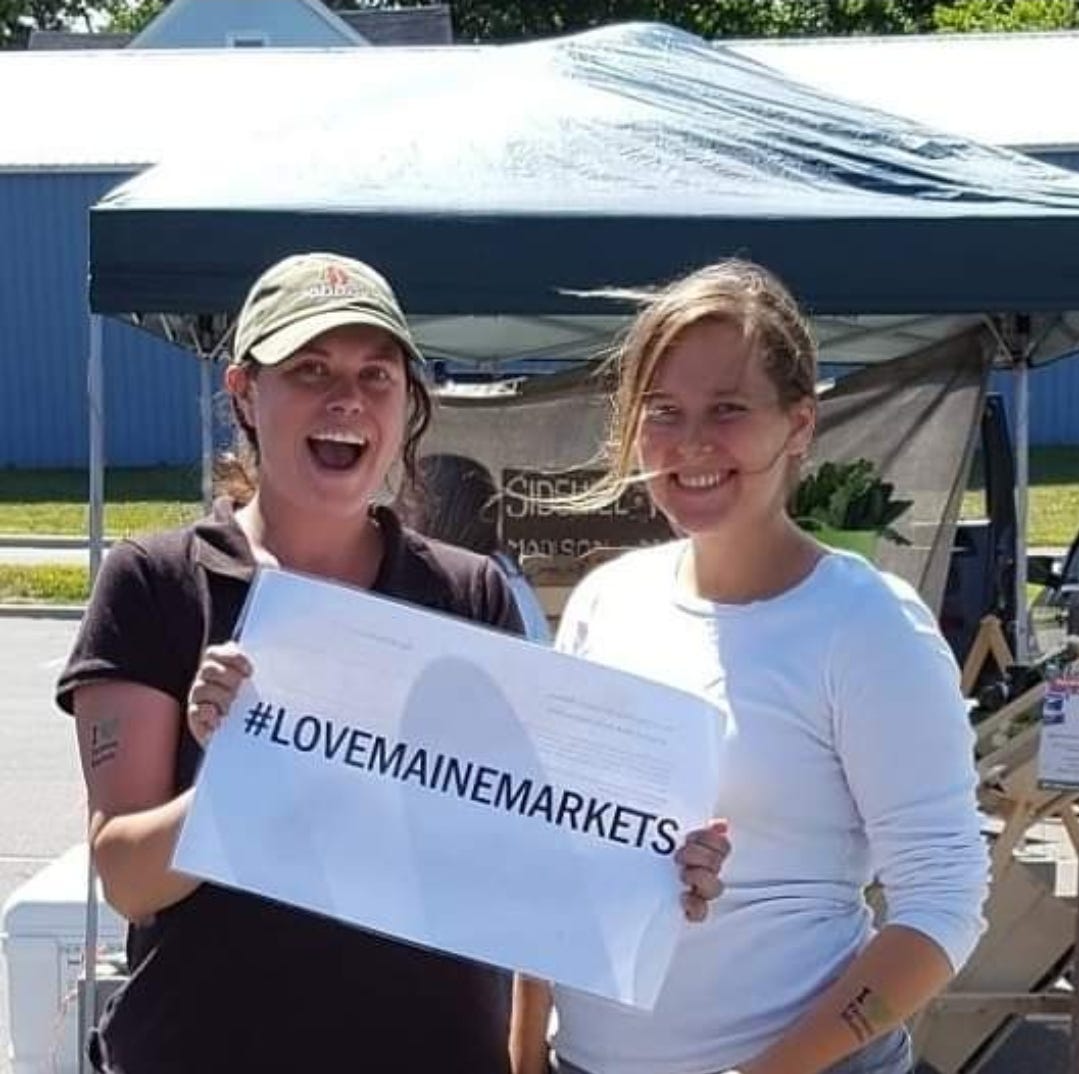
DON’T SKIP THE RAINY DAYS! As farmers, we work outdoors in all weather, and so too we go to market in all weather. Let me tell you, on those dreary market days die-hard market-goers received a heroes’ welcome when they arrived at our little farmers’ market in downtown Madison, Maine. Support your farmers at market and don’t skip the rainy days. You’ll be a ray of sunshine for your farmers on an otherwise miserable day.
6. A farmers’ market is a place of business.
It takes a lot of energy and coordination for farmers to leave their farms, hauling their wares to market to set up tents, tables and displays. It costs them money—not only to participate in a market, but also in the form of insurances, licenses and processing fees. When people come to market for the express purpose of chatting about current trends in farming, taking up space in booths and inadvertently discouraging other potential customers, farmers lose money. Yes, we want to talk shop, but there’s a time and place for that and it is not a busy Saturday morning at farmers’ market.
“So many people come up and want to chat about what’s trending in AG — “have you heard of microgreens? I know a guy who makes 5K a month on microgreens you should try that. Have you heard of regenerative farming? Literally reverses climate change!! Do you know Joel Salatin? That’s guys a genius, you should read his stuff!!”.. and these people never buy anything and they stand their talking which keeps other people from being able to approach my booth. It feels they just want to hear themselves talk and feel smart about it all and tbh they should take it to Reddit lmao. I’m standing there for four hours with the intention to sell my products. If you’re not buying, keep it moving please so other people can purchase what they want.
~Amy Blake Bates
5. Practice seasonal eating.
It drives farmers nuts when folks ask for produce out of season. I once had a customer ask for green beans in May. In Maine, we can’t even think about putting such tender crops in the ground until June, which means they won’t be ready for harvest until August. Follow local and regional farmers’ market organizations on social media to learn more about agriculture where you live. This will help you learn what farmers are havesting in any given season. Practice seasonal eating by allowing the market to dictate your meal plans.
“Don't meal plan before you go to market....let the market bounty plan your meals for you.”
~Jordan Pike
4. Please watch your kids and pups!
We love your babies as much as you, human, fur, or otherwise—until they’re touching everything with grubby hands or peeing on tents and tables.
“Your kids cannot eat the produce out of my containers unless you’ve already purchased it. Please watch them.”
~Amy Blank Bates
3. Don’t pick through pre-assembled packages!
Oftimes, there's a reason why particular fruits or vegetables are grouped together. Sometimes farmers need to move a particular product quickly. Don't pick through pre-assembled packages or ask for substitutes.
“When items are sold as a kit (like veggies that go together for stir fry) wanting to make substitutions. I put those packets together because I have a lot of those items and want them to sell quickly. Subbing radishes for tomatoes is not a fair trade from a price point perspective. Don’t be turned off when a vendor says “I’ll make a custom kit but the price will be the sum of individual prices of the items.”
~Celeste Maksim
2. Prices are NOT negotiable.
The majority of farmers who responded told me it’s hugely aggravating when folks come to market thinking prices are negotiable. A farmers’ market is not a flea market. You wouldn’t go into Walmart or Home Depot and start dickering with them, so don’t do it at market. Farmers set their prices carefully, based on what it costs them to produce those products in combination with consideration for local, regional and national market prices. They make precious little as it is, so asking them to drop the price is hugely inconsiderate and downright rude.
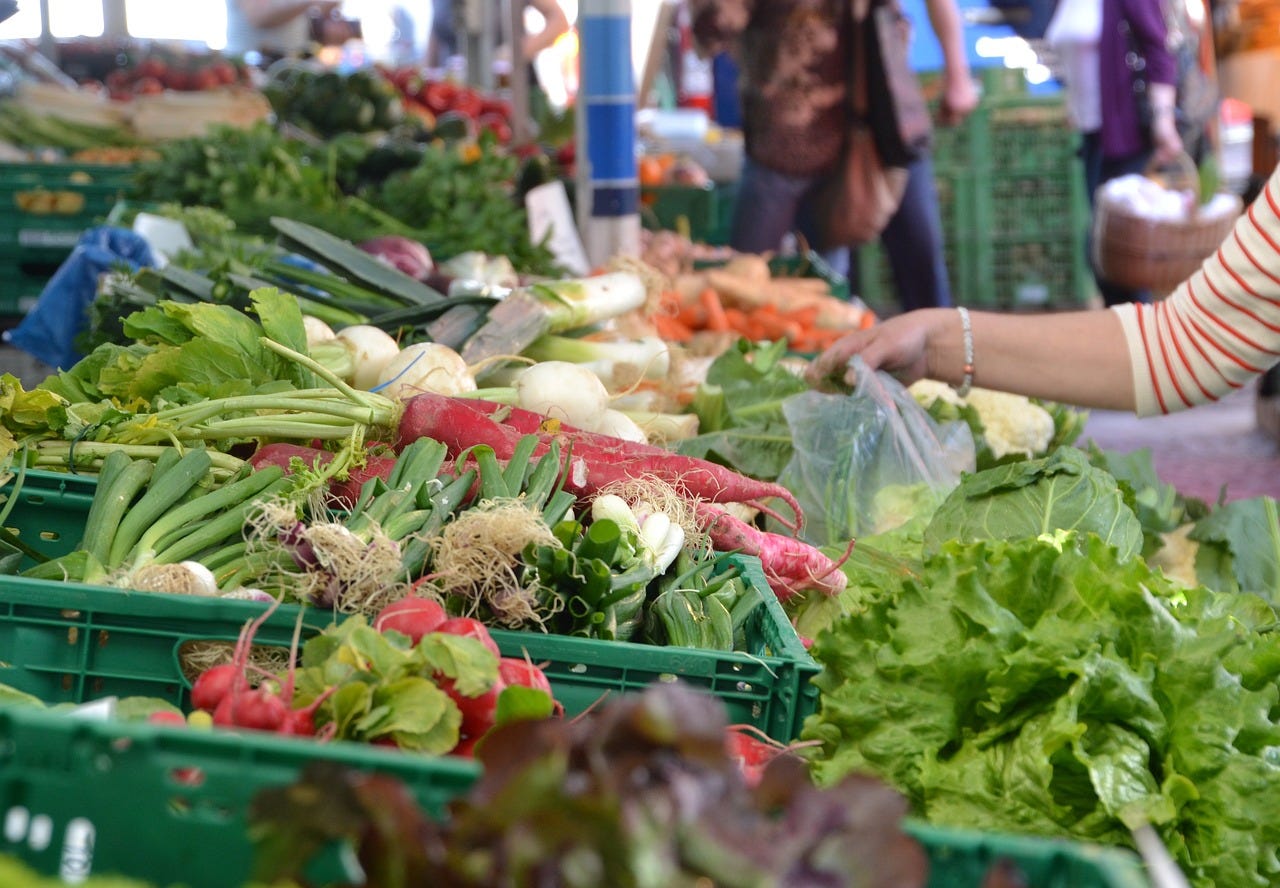
#1. DON’T SQUEEZE THE PRODUCE!
This was the number one pet-peeve from your farmers at market. One farmer likened it to throwing food on the ground. The fact is that farmers go to a lot of trouble to protect the fruits of their harvest. Bruising not only deters customer purchase, but significantly shortens the shelf-life of that fruit. Squeezing the produce causes bruising and is effectively a slap in the face for farmers who have put their blood, sweat and tears into bringing that food to you. Just don’t do it.
Show Your Farmers How Much You Appreciate Them!
So as you head out to enjoy the bounty of National Farmers’ Market Week, keep these tips in mind to ensure your shopping experience is as rewarding and respectful as possible. This will go a long way in showing your farmers how much you truly appreciate their hardwork.
Much love, my friends!
Your friendly neighborhood farmer,
Sam
Thank you for following along with the story of this lady-farmer! It is truly a privilege to live this life serving my family and community, and protecting wildlife through agricultural conservation. Check back soon for more updates from the farm, and be sure to follow @RunamukAcres on Instagram or Facebook!



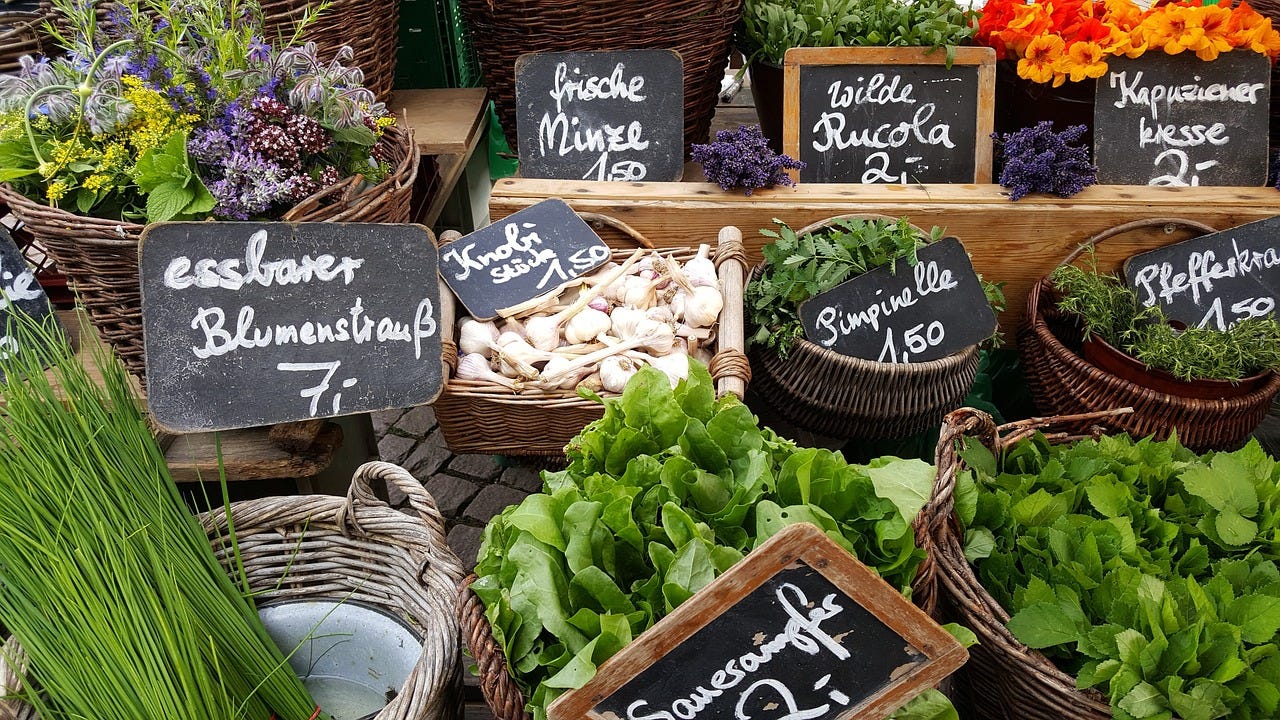
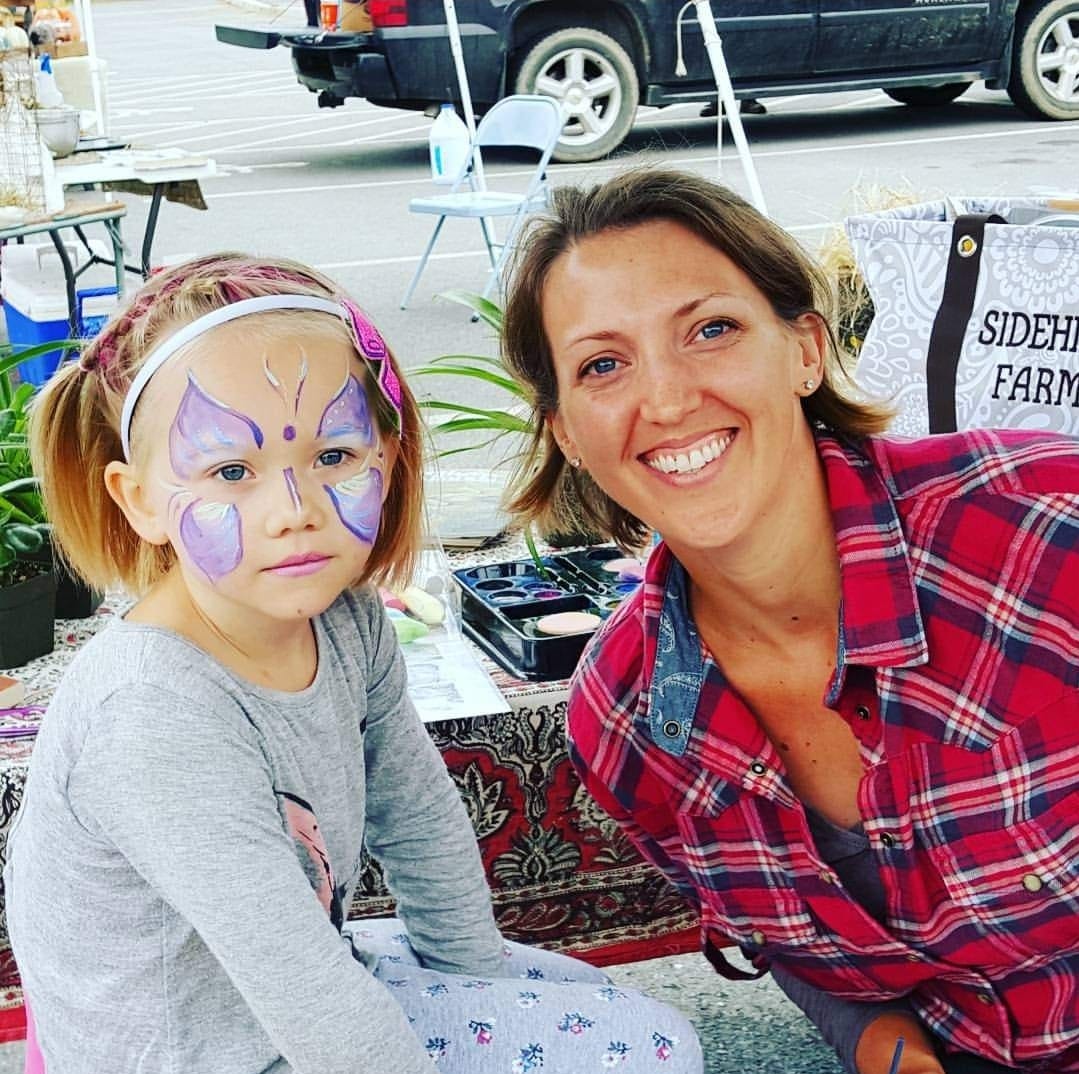

We have been getting a CSA share from a local farmer for a number of seasons now, and couldn't be happier. Do we pay a little more? Probably. Is the produce better? You bet? Are we supporting local? Yes, yes, and yes. It's also forced us to be creative with vegetables we maybe wouldn't ordinarily buy. Radishes for instance. Not a huge lover of them. Until we found out you could cook them. Who knew? We now use them in making stir-fry, and they are delicious. So support local, your neighboring farmer will appreciate it.
Good things to know and remember when shopping.